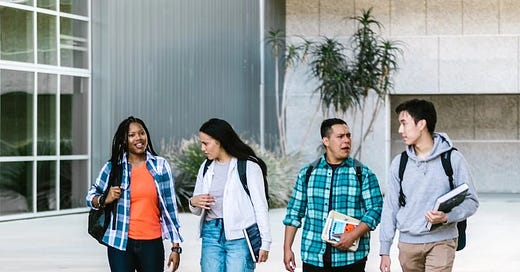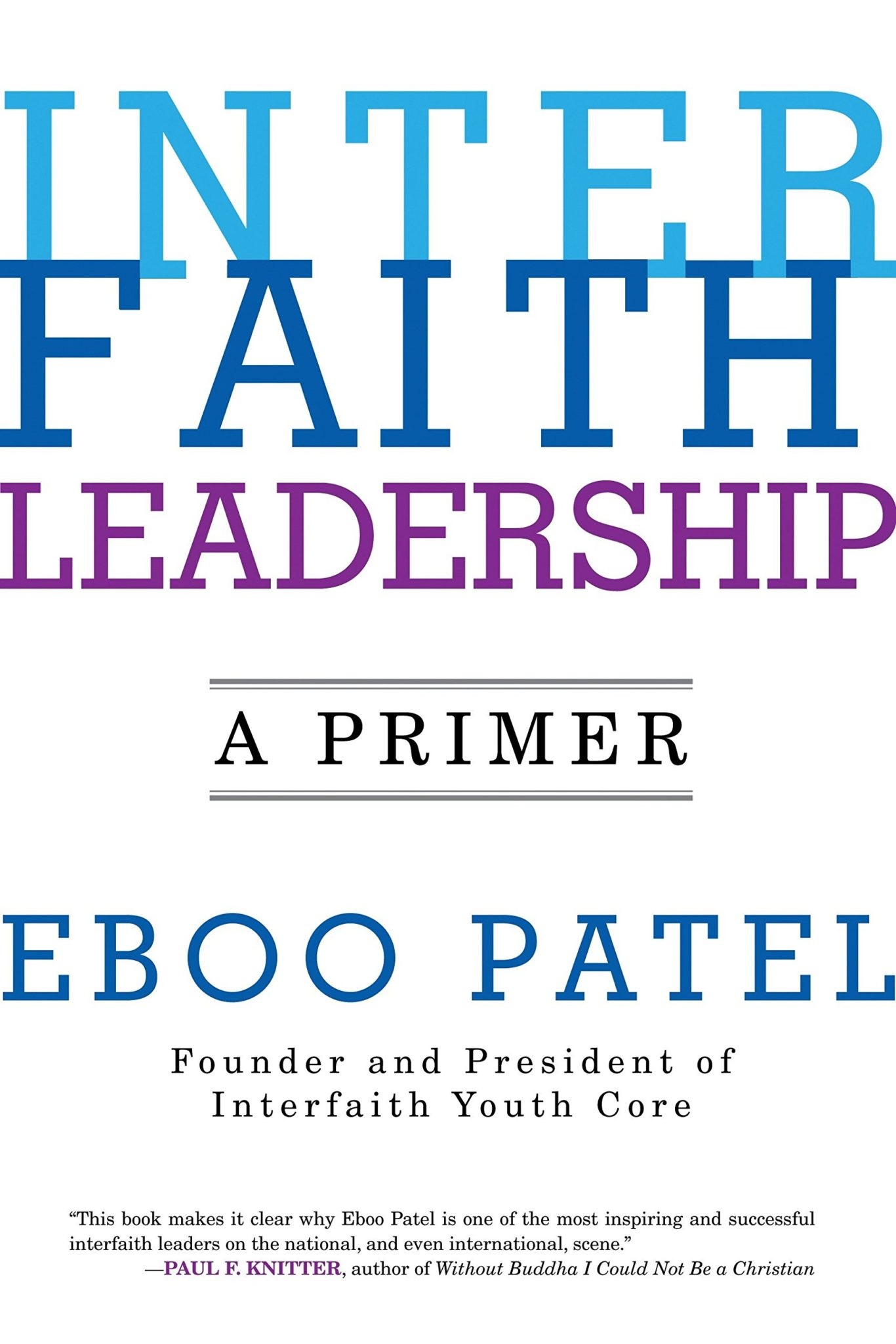DEI Needs Religious Diversity Too
A basic understanding of different religious beliefs and practices benefits everyone

Last week, I had the privilege of speaking to a group of undergraduates participating in an Interfaith Fellows program run by Callista Isabelle in Washington University’s Office for Religious, Spiritual, and Ethical Life. I spoke about my experience as a Christian faculty member at our school and my work with The Carver Project, some of the challenges and opportunities that come from religious diversity in higher education, and why I think universities need to pay more attention to the connection between religion and racial diversity (many non-white students are deeply religious), among other things. Our wide-ranging conversation reminded me of the importance of educating and training on religious diversity on university campuses.
In the News
Earlier this month, Kelsey Dallas reported on the uncertain future of many interfaith programs on college and university campuses. The current challenge comes from conservative legislatures targeting Diversity, Equity, and Inclusion (“DEI”) programs that they see as overly determined by progressive ideology. But these attacks will in many cases pull funding for religious pluralism, too, because “at many schools, the administrators planning race or sexuality-based events are the same people setting up programs on faith.” Meanwhile, other campuses have struggled to initiate interfaith programming in the first place.
The need for better understanding of religious difference certainly persists. For example, last fall, a Sikh student was detained on the University of North Carolina’s Charlotte campus because university police mistook his Kirpan for an illegal weapon. Or consider the controversy earlier this year of Erika López Prater, an adjunct professor at Hamline University. As reported in the New York Times, Hamline ended its relationship with Professor Prater after she showed images of the Prophet Muhammad in her global art history class. Hamline officials deemed the incident “clearly Islamophobic” (because Muslims consider images of the Prophet to be sacrilegious) and Hamline’s president asserted that the interest of Muslim students “should have superseded academic freedom.”
It’s not just the administrators who are failing to understand religious differences. A 2020 survey of students across 122 campus found that only 26% of respondents had taken a religion course “that helps them to think about religious diversity” and only 9 percent participated in religious diversity training on campus. In fact, “researchers found that student participation in formal courses and activities that build interfaith skills is low and, in some cases, declined over students’ college years.”
In My Head
Higher education today is rightly focused on exposing students to people with diverse beliefs and backgrounds. But regardless of one’s views of the goals or methods of DEI programming, too many of these initiatives ignore religion. Curricular and extracurricular content on religious diversity is often lacking in our colleges and universities.
As I’ve written elsewhere, I generally find Washington University to be an institution tolerant of religious difference. But tolerance is not the same as understanding. I have more than once come across colleagues and students who lack a basic understanding of religion or awareness of the past and present influence of religion in this country.
Take this striking example that occurred a few years ago. During an academic workshop that I attended, one of the participants made a comment about her uncle, a fundamentalist Christian. Another participant said something like, “I just don’t know any Christians whom I respect intellectually.” This prompted a third participant to offer that he had once met a Christian professor at Yale who seemed pretty smart. And somebody else mentioned Aquinas. At this point in the conversation, I chimed in to suggest that perhaps among the billions of professing Christians on the planet we might find a few more worthy of the intellectual respect of those in higher education.
Universities have an important opportunity to correct misperceptions about religion. But they’ll have to start by welcoming faculty, administrators, and student life staff who have an understanding of and appreciation for religion generally as well as particular religious traditions. Today’s university DEI programs would consider it malpractice to bring in somebody to lead courses or training on race, gender, or sexuality who lacks a nuanced understanding of those topics. We should have the same high standards when it comes to religious diversity.
In the World
Eboo Patel’s book, Interfaith Leadership: A Primer, offers a helpful framework for promoting interfaith cooperation and understanding. Eboo discusses the importance of building bridges between different faith communities, finding common ground, and developing a sense of shared values and goals. He also provides practical strategies and tools for promoting interfaith dialogue and cooperation. And, it’s worth adding, Eboo doesn’t just have a book about interfaith leadership; he’s built an organization, Interfaith America, committed to seeing interfaith leadership thrive on and off college campuses.






Oh, my...today's column evokes reactions on multiple levels. At a very personal level, despite having grown up in a church-going family, I found myself as a thirty-something having disdain for evangelical Christians, was overtly (i.e., I commented on it) surprised when somebody I had come to respect turned out to be, shudder, an evangelical, someone who believed the resurrection actually happened. (Now, as an eighty-something, I've long since become that person!)
Then there was the book "The Scandal of the Evangelical Mind," by renowned evangelical scholar Mark Noll, described ( in Wikipedia) as "a book about anti-intellectual tendencies within the American evangelical movement."
I take a lot of comfort from projects like your Carver Project, the work of Elaine Ecklund on science and faith, and many many others. But it is definitely an up-hill slog in today's "define your own truth" moment.
Keep slogging, John!